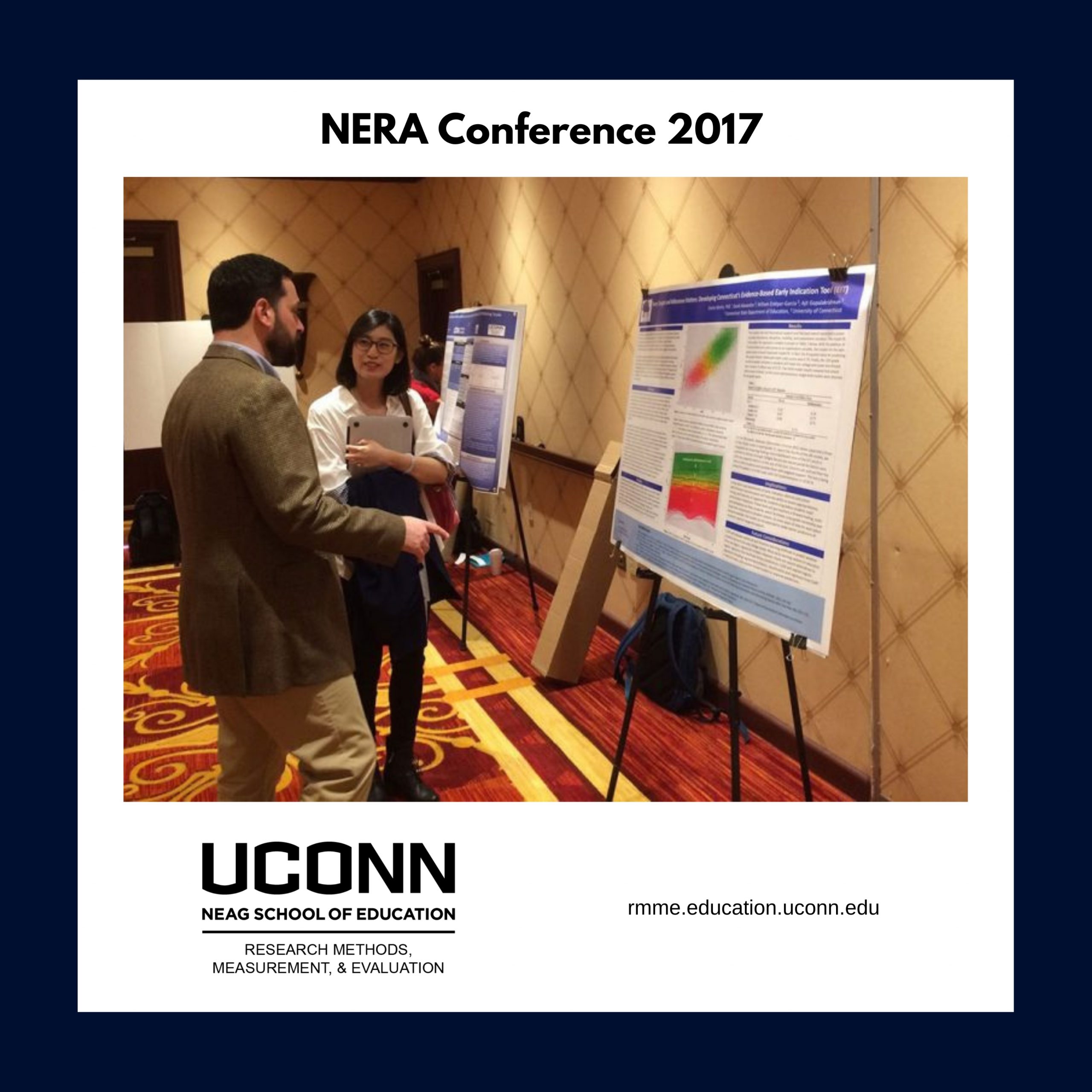RMME/STAT Joint Colloquium:
Response Accuracy and Response Time in Cognitive Tests
Paul De Boeck
The Ohio State University
December 18th at 12:00 EST
https://uconn-cmr.webex.com/uconn-cmr/j.php?MTID=m1b6efd4435a2cd17535d693bd2ac1a14
It is an old and still unresolved issue how much a cognitive test score reflects ability and how much it reflects speed. The well-known speed-accuracy tradeoff does not make an answer to the question easier. In the presentation I will report the results of my research steps to investigate the problem. Briefly summarized, the findings are as follows. First, the correlation of ability and speed across persons depends on the test. Second, based on different kinds of modeling and different kinds of data, there seem to be remaining item-wise dependencies (i.e., conditional dependencies) between response accuracy and response time after controlling for the underlying latent variables. Third, the remaining dependencies depend on the difficulties of the test items and the dependencies also are curvilinear. I will present an explanation for the findings, and a tentative, complex answer to the old question of what is being measured in a cognitive test.
